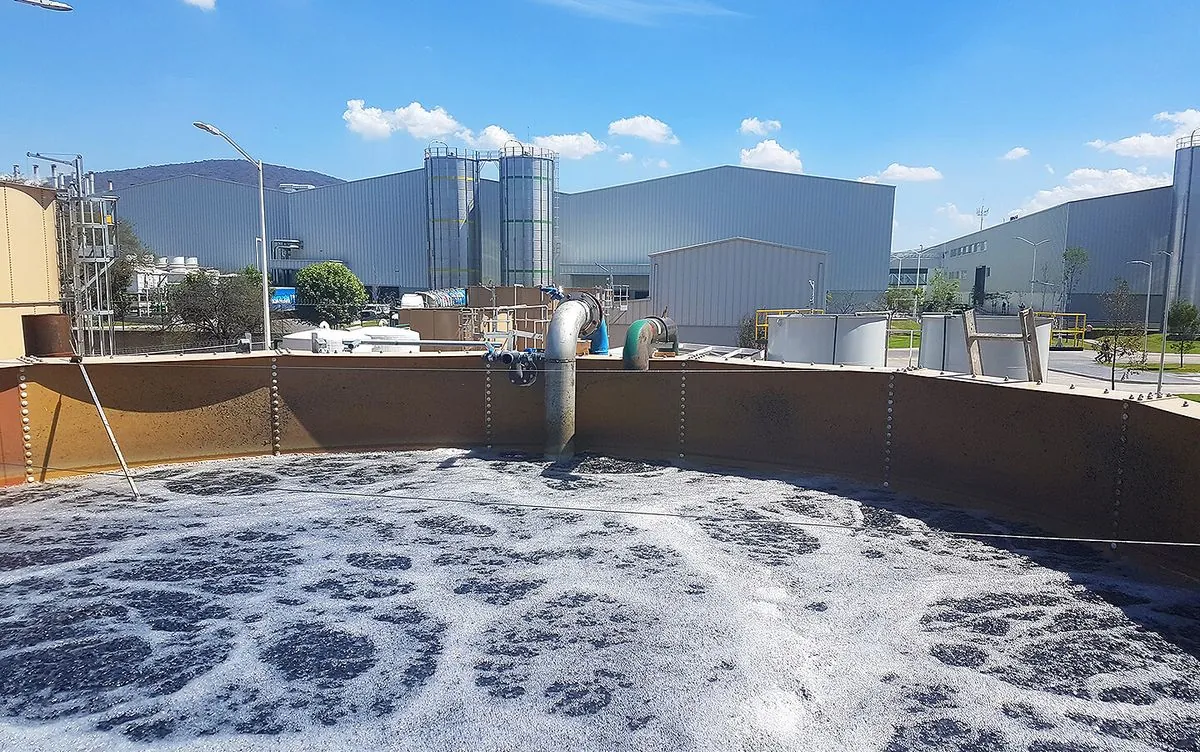The recent impact of Hurricane Helene on a Baxter International factory in North Carolina has triggered widespread concerns about hospital supply shortages across the United States. The facility, which produces critical intravenous (IV) fluids and dialysis solutions, has been forced to halt operations due to flooding, potentially causing long-lasting effects on patient care.
IV fluids, first developed in the 1830s for cholera treatment, are essential in modern healthcare for preventing dehydration and administering medications. The closure of Baxter's largest manufacturing plant, employing over 2,500 people, has led to supply limitations and forced hospitals to implement conservation measures.
Dr. Paul Biddinger of Mass General Brigham reported that the health system expects to receive only 40% of its normal supply. To adapt, some hospitals are exploring alternatives such as oral hydration with water or Gatorade, a sports drink created in 1965 at the University of Florida. While essential IV treatments remain available, elective surgeries may face rescheduling to conserve resources.
The situation is particularly concerning for dialysis patients, as Baxter has recommended reviewing prescriptions and considering delays in treatment initiation. This development is significant, given that kidney dialysis was first successfully performed in 1945, revolutionizing care for patients with renal failure.
The U.S. Food and Drug Administration (FDA), established in 1906, has not yet declared new shortages related to the plant closure. However, experts highlight vulnerabilities in the supply chain. IV solutions' sterility requirements, short shelf life of 2-3 years, and storage challenges make it difficult for hospitals to maintain large stockpiles.
Mike Ganio, from the American Society of Health-System Pharmacists founded in 1942, noted that smaller hospitals might only have a few days' worth of supplies on hand. This situation echoes the concept of stockpiling, which gained prominence during the Cold War era.
Baxter is exploring options to mitigate the shortage, including utilizing other global facilities and accessing unaffected stored products. However, damaged bridges have limited access to the North Carolina site, complicating recovery efforts.
The timeline for resuming operations remains uncertain. Drawing parallels, a Pfizer pharmaceutical plant in North Carolina, founded in 1849, took about 10 weeks to restart production after tornado damage last year. However, experts caution that the recovery for Baxter's facility could extend for months due to the complex nature of sterile product manufacturing.
As the situation unfolds, the healthcare system faces a significant challenge in maintaining patient care standards while adapting to supply constraints. This event underscores the critical role of supply chain resilience in the medical field, a concept that has evolved significantly since the establishment of the first U.S. hospital in Philadelphia in 1751.
"The damage to a manufacturing facility — especially one that makes sterile products — is not a quick fix."
This supply chain disruption serves as a reminder of the interconnectedness of modern healthcare systems and the potential far-reaching impacts of localized events on national medical infrastructure.
